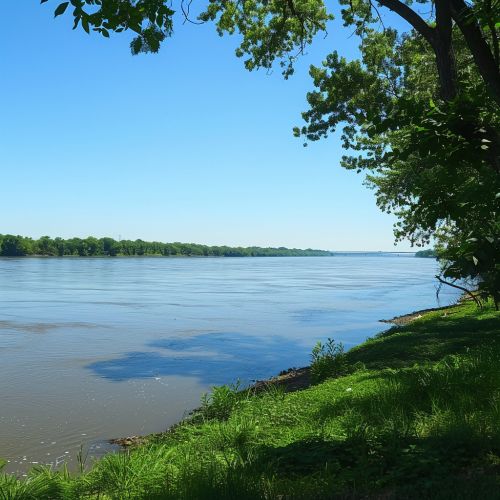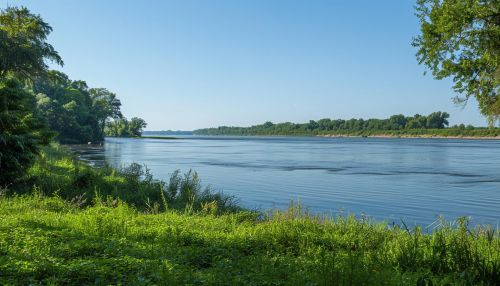Jacques Marquette
Early Life and Education
Jacques Marquette, also known as Père Marquette, was born on June 1, 1637, in Laon, France. He was the son of Nicolas Marquette, a civil servant, and Rose de La Salle. Marquette joined the Jesuits at the age of 17, entering the Jesuit novitiate at Nancy in 1654. His early education was rigorous, focusing on classical languages, philosophy, and theology, which were standard in Jesuit training. Marquette's commitment to his religious vocation was evident early on, and he was ordained as a priest in 1666.
Missionary Work in New France
In 1666, Marquette was sent to New France (modern-day Canada) as a missionary. He arrived in Quebec in September 1666 and spent the next few years learning the local languages, including Huron and Algonquin. His linguistic skills were crucial for his missionary work, enabling him to communicate effectively with the indigenous peoples.
Marquette's first mission was at Sault Ste. Marie, where he worked among the Ojibwe people. He later established a mission at La Pointe on Lake Superior, where he ministered to the Huron who had fled from Iroquois attacks. Marquette's work was characterized by his deep respect for the cultures and traditions of the indigenous peoples, and he sought to understand their spiritual beliefs.
Exploration of the Mississippi River
In 1673, Marquette was chosen to accompany the French-Canadian explorer Louis Jolliet on an expedition to explore the Mississippi River. The expedition aimed to map the river and determine whether it flowed into the Pacific Ocean or the Gulf of Mexico. Marquette and Jolliet departed from St. Ignace on May 17, 1673, with five other men in two canoes.
The expedition traveled through the Fox River and the Wisconsin River, eventually reaching the Mississippi River on June 17, 1673. They journeyed down the river, encountering various indigenous tribes, including the Illinois and the Quapaw. Marquette's detailed journals provide valuable ethnographic information about these encounters, describing the customs, languages, and social structures of the tribes they met.


The expedition reached the confluence of the Mississippi and Arkansas rivers before deciding to turn back, fearing encounters with Spanish explorers. They returned to Green Bay in September 1673, having traveled over 2,500 miles. Marquette's maps and journals from this expedition were among the first detailed European records of the Mississippi River and its surrounding regions.
Later Years and Death
After the expedition, Marquette remained in the Great Lakes region, continuing his missionary work. In 1674, he established a mission among the Illinois people at Kaskaskia. However, his health began to deteriorate, and he suffered from dysentery, which he had contracted during the Mississippi expedition.
Despite his illness, Marquette continued his missionary efforts until his death. On May 18, 1675, he died at the age of 37 near present-day Ludington, Michigan. His remains were later moved to St. Ignace, where a memorial now stands in his honor.
Legacy
Jacques Marquette's contributions to the exploration and understanding of North America are significant. His detailed journals and maps provided valuable information for future explorers and settlers. Marquette's respectful approach to indigenous cultures set a precedent for future missionaries and explorers.
Marquette's legacy is commemorated in various ways. The city of Marquette, Michigan, and Marquette University in Milwaukee, Wisconsin, are named in his honor. His life and work continue to be studied by historians and scholars interested in the early history of North America and the interactions between European settlers and indigenous peoples.
